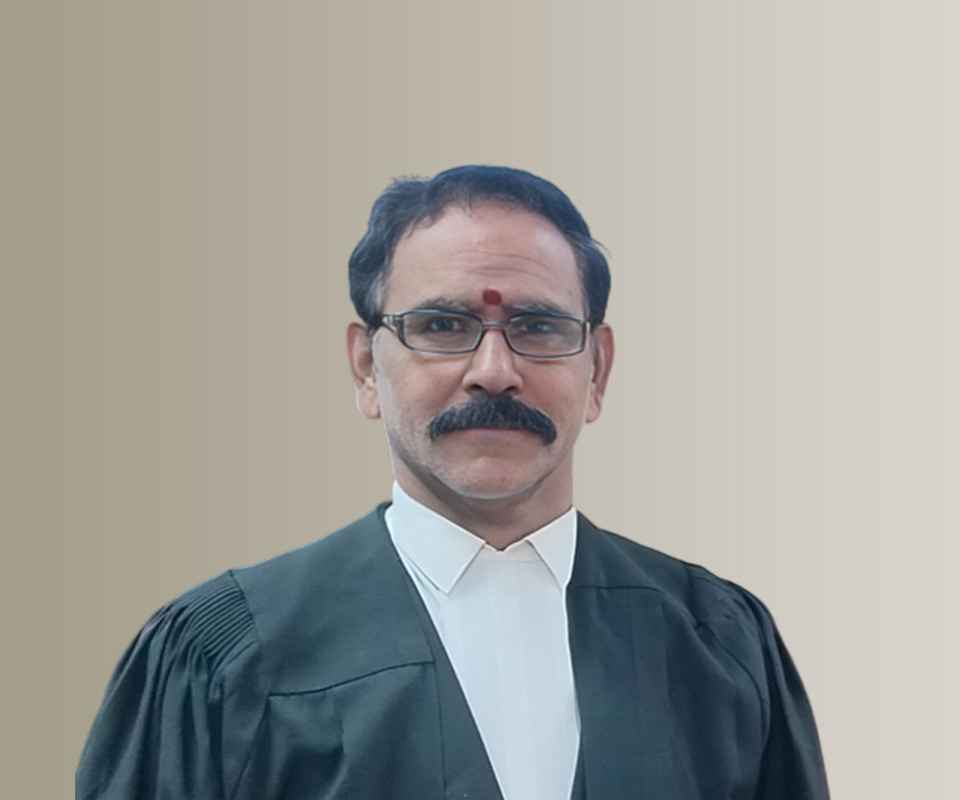Answer By law4u team
If someone intentionally hides the existence of other legal heirs—for example, while applying for a succession certificate, legal heir certificate, probate, or property partition—it is a serious legal violation under Indian law. Here’s what can happen: 1. Revocation of Certificate or Order If someone suppresses the names of other legal heirs: The court may revoke a succession certificate, probate, or letter of administration under Section 383 of the Indian Succession Act, 1925. Grounds: Obtained by fraud, concealment of facts, or false suggestion. Any affected legal heir can approach the court to challenge the order. 2. Criminal Charges for Fraud or Forgery The person hiding legal heirs may be charged under the Indian Penal Code (IPC): Section 420 IPC – Cheating and dishonestly inducing delivery of property Section 415 IPC – Cheating Section 417 IPC – Punishment for cheating Section 463/464 IPC – Forgery (if false documents are created) Section 193 IPC – Giving false evidence in judicial proceedings Punishment can include imprisonment and/or fine depending on the offence. 3. Civil Consequences – Cancellation of Transactions If the property is transferred or partitioned based on false representation of heirs: The transaction can be cancelled by a civil court. The omitted legal heir can file a civil suit for declaration and partition to claim their rightful share. 4. Disqualification from Inheritance (in extreme cases) If the hiding of other heirs involves fraud, coercion, or undue influence, and is proven in court, the wrongdoer may lose rights under the principle of "clean hands." 5. Legal Heirs Can Take Action The omitted legal heirs can: File a petition to revoke the certificate or order. File a civil suit for their rightful share. File a criminal complaint for fraud and misrepresentation. Seek an injunction to stop the transfer/sale of property. Conclusion: Hiding other legal heirs is a serious act of fraud and misrepresentation, both civilly and criminally punishable. Courts take such acts very seriously, especially in family and succession matters.









